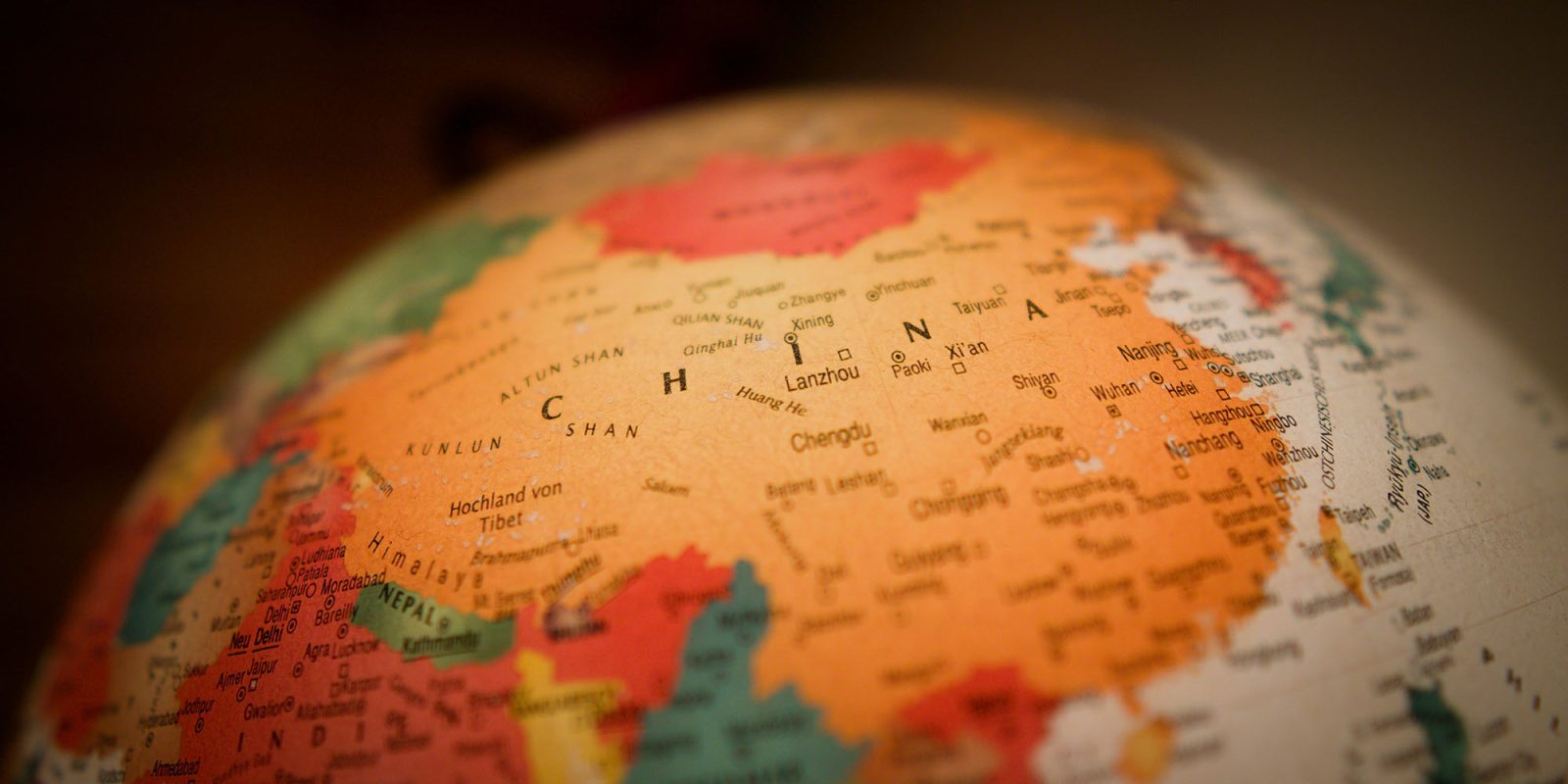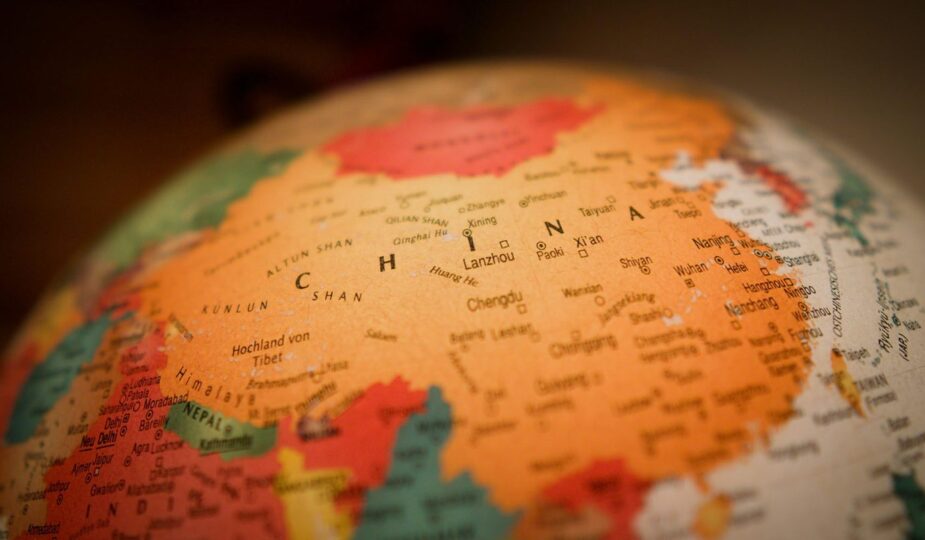
The White House has announced sharp increases in a number of Chinese import tariffs, raising the possibility of a new trade war between the two. countries.
The last time this happened, China directly threatened to use Apple as a bargaining chip in response to new tariffs imposed by the previous administration …
Increase in Chinese import tariffs announced
The Financial reports Times that the White House has announced sharp increases in import tariffs on some Chinese goods.
The Biden administration is sharply raising tariffs on imports from China, including electric vehicles, batteries and semiconductors, as it seeks to protect U.S. jobs ahead of the November election.
The increase is sharp. For example, the current tariff on Chinese electric vehicles is 25%; this rate will be increased to 100% later this year. Import duties on chips and solar cells will double, and rates on aluminum, steel and lithium-ion batteries for electric vehicles will triple.
China reacts angrily
The Chinese government has accused the US of trying to “suppress” its economy, and today threatens unspecified responses.
Chinese Foreign Ministry spokesman Wang Wenbin said that “China has consistently opposed unilateral tariff increases that violate WTO [World Trade Organization] rules and will take all necessary measures to protect its legitimate rights and interests.”
Apple directly threatened the last time this happened
Back in In 2018, the Trump administration announced high import tariffs on steel and aluminum and threatened to do the same on consumer electronics. This kicked off a trade war in which China responded by imposing its own import tariffs on US imports.
Apple was one of many companies that lobbied against any further escalation, with CEO Tim Cook meeting Trump in person at the Oval office.
A threat against Apple was made on a state news site in China later that year.
iPhone maker still heavily dependent on China
While Apple is making increasing efforts to diversify its supply chain outside of China, India is now a significant secondary supply center, the size of the task makes the process very slow.
The vast majority of iPhones are still made in China, and last time there were fears that the government there could interfere with production using measures such as false inspections.
Apple's main defense is that it generates a lot of manufacturing business for China, but tensions between the two countries will certainly lead to some nervousness in Cupertino.
Photo by Christian Liu on Unsplash










